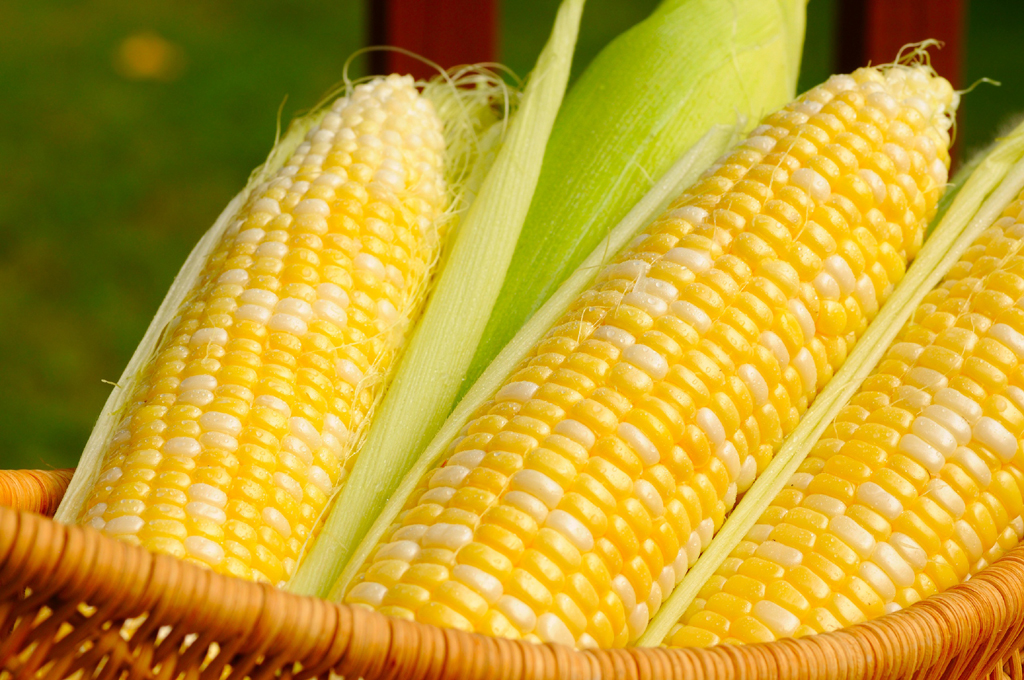 CHICAGO: Surging US corn exports this month should gain even more momentum, helped by a weakening dollar and dry weather in Argentina and South Africa that threatened to cut maize harvests for the rival exporters, traders and analysts said Friday.
CHICAGO: Surging US corn exports this month should gain even more momentum, helped by a weakening dollar and dry weather in Argentina and South Africa that threatened to cut maize harvests for the rival exporters, traders and analysts said Friday.
US corn export sales have ramped up since the slowest Christmas and New Year's period in four years. In the past two weeks, exporters sold nearly 3.3 million tonnes of US corn, the busiest such stretch in two months, US Department of Agriculture data showed on Friday.
Traders are growing more optimistic that after a slow start to the US corn export season, shipments may yet reach the USDA projection that seemed doubtful several weeks ago.
Low grain prices and abundant supplies have dragged down farm income, making exports vital to prevent a record-large US corn glut from becoming more burdensome.
The dollar on Friday dropped to the lowest level in more than three years, making goods such as US corn cheaper for importers using other currencies.
For now, the United States is the supplier of choice. Corn shipped from the Gulf Coast and Pacific Northwest is about $3 to $5 per tonne cheaper than Argentine supplies, and importers in South Korea and Mexico have taken advantage.
"We've got a window to crank out some corn," said Tregg Cronin, a South Dakota farmer and analyst, as he delivered corn to an elevator that ships grain via rail to export terminals in the Pacific Northwest.
"Our (export) pace is woefully behind."
Through mid-January, US export sales of 30.4 million tonnes were 22 percent below a year ago. The USDA expects a 13.5 percent decline this season.
Warmer US weather melted ice on Midwest rivers and raised water levels, allowing corn to move more freely on barges to Gulf Coast terminals.
Meanwhile, hot and dry Argentine weather stressed crops in the No. 3 exporter after the United States and Brazil. A stronger peso also slowed grain sales by farmers there, sending export costs higher.
"The Argentinian corn crop is going backwards," said Dan Basse, president of Chicago-based consultancy AgResource Co.
Drought in South Africa, which last year boosted corn sales to top Asian buyer Japan, could slash its harvest area by 18 percent this year, a Reuters poll showed.
Importers also are monitoring Brazilian weather as farmers plant safrinha corn. Expansion of that crop, planted after soybeans are harvested, was key to Brazil's explosion of corn exports over the past six years.




















Comments
Comments are closed.